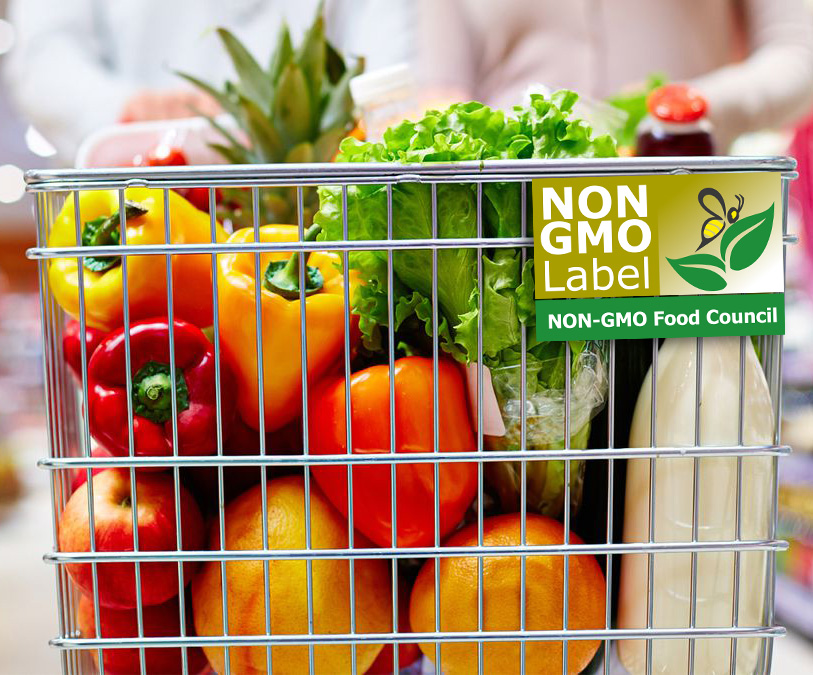NON GMO Label
Certification
Contact
- Mahmutbey Neighborhood
- Dilmenler Cd, No: 2
- Bagcilar, 34218
- Istanbul Turkey
- +90 212 702 40 00
- [email protected]
All rights reserved. © 2021 NON-GMO Food Control and Certification Council
For consumers looking to avoid GM foods today, non-GMO labels such as GMO FREE or NON GMO seem credible at first glance. In fact, a large number of food labels do not confuse consumers. But behind the non-GMO labeling lies a different reality.

Whether a product carries the GMO FREE or non-GMO official label is determined after inspections by an authorized institution. In terms of GMO FREE, a product is certified through third party organizations after it has been tested and evaluated as meeting the requirements of certain standards.
Especially for products that fall into the high-risk product group, examinations and evaluations are made at the production facility upon the request of the manufacturer, and it is confirmed that the products are non-GMO. In short, this verification and certification process is a consistent one that guarantees high standards.
Understanding the labels helps determine whether the food purchased meets expectations. GMO FREE products are certified by accredited, authorized institutions. These third-party organizations, acting impartially and independently, give the right to use the GMO FREE label for products that are approved to comply with the criteria determined for the product group.
Consumers seeking the GMO FREE label, which is not so common today, purchase certified organic products to avoid possible GMOs in food items. Generally, a product certified as organic is considered GMO FREE because no GMO products are used in the production of organic foods.
In this regard, organic products are seen as a solution. However, non-GMO does not always mean organic. Because pesticides, antibiotics, artificial preservatives, colorants and hormones are still used in non-GMO production.
Some organic products are completely organic. This is the purest organic form. All ingredients in the product must be certified organic. Some organic products are only organic. This indicates that a product is at least 95 percent organic. Products produced with organic ingredients are made with at least 70 percent organic ingredients..
Our organization acts with a sense of responsibility in order to be with people who consciously care about their health and to help them choose the foodstuffs they will need, and tries to support manufacturers to prove their efforts in this direction.

Apply Now